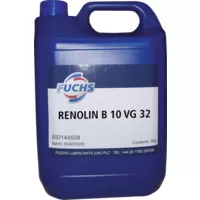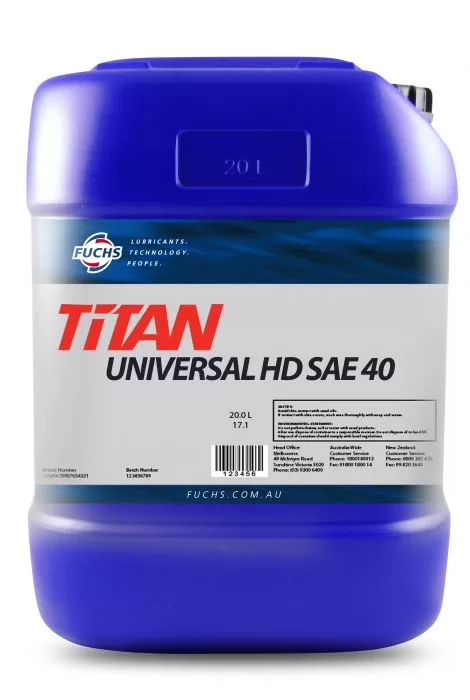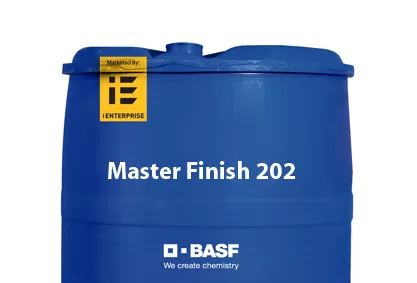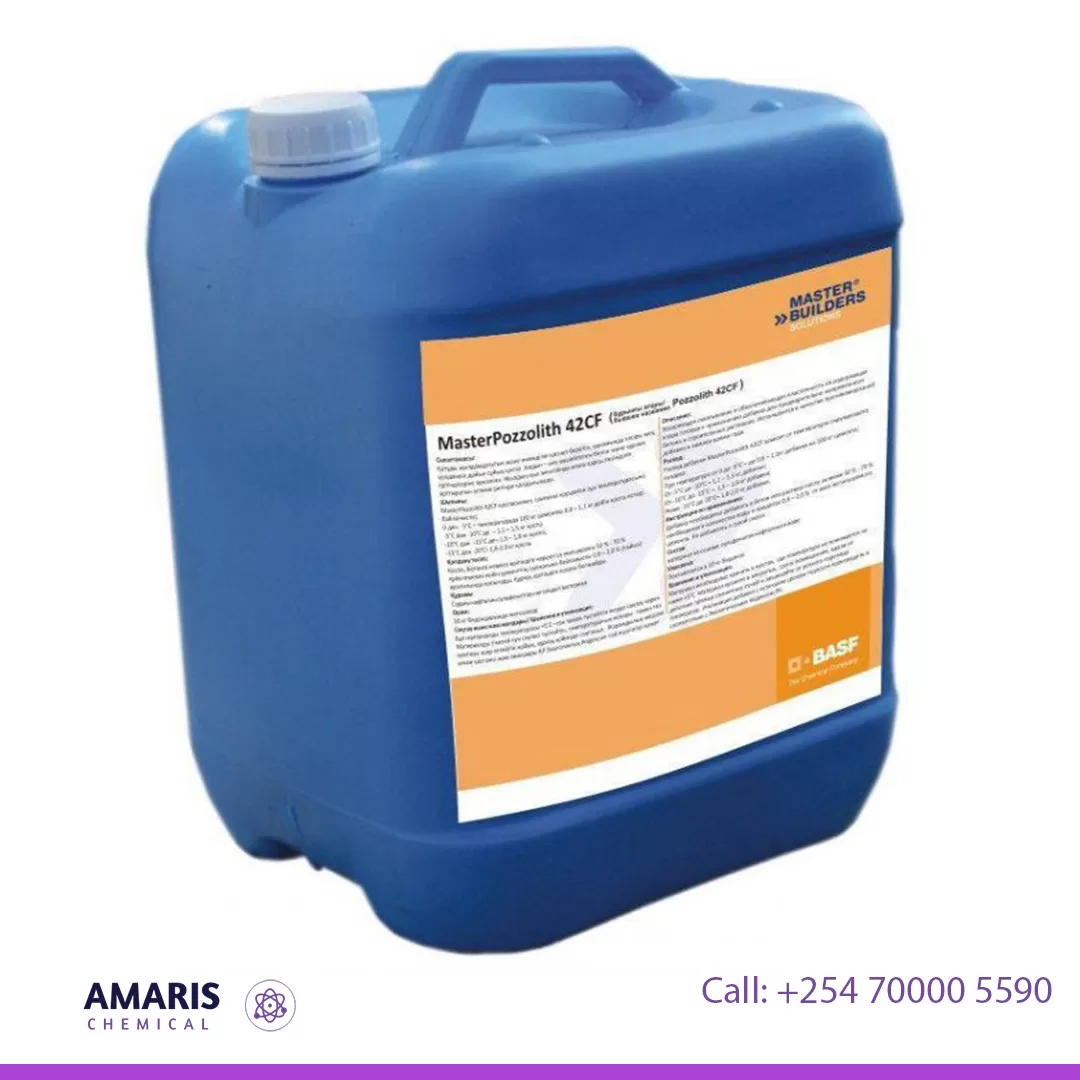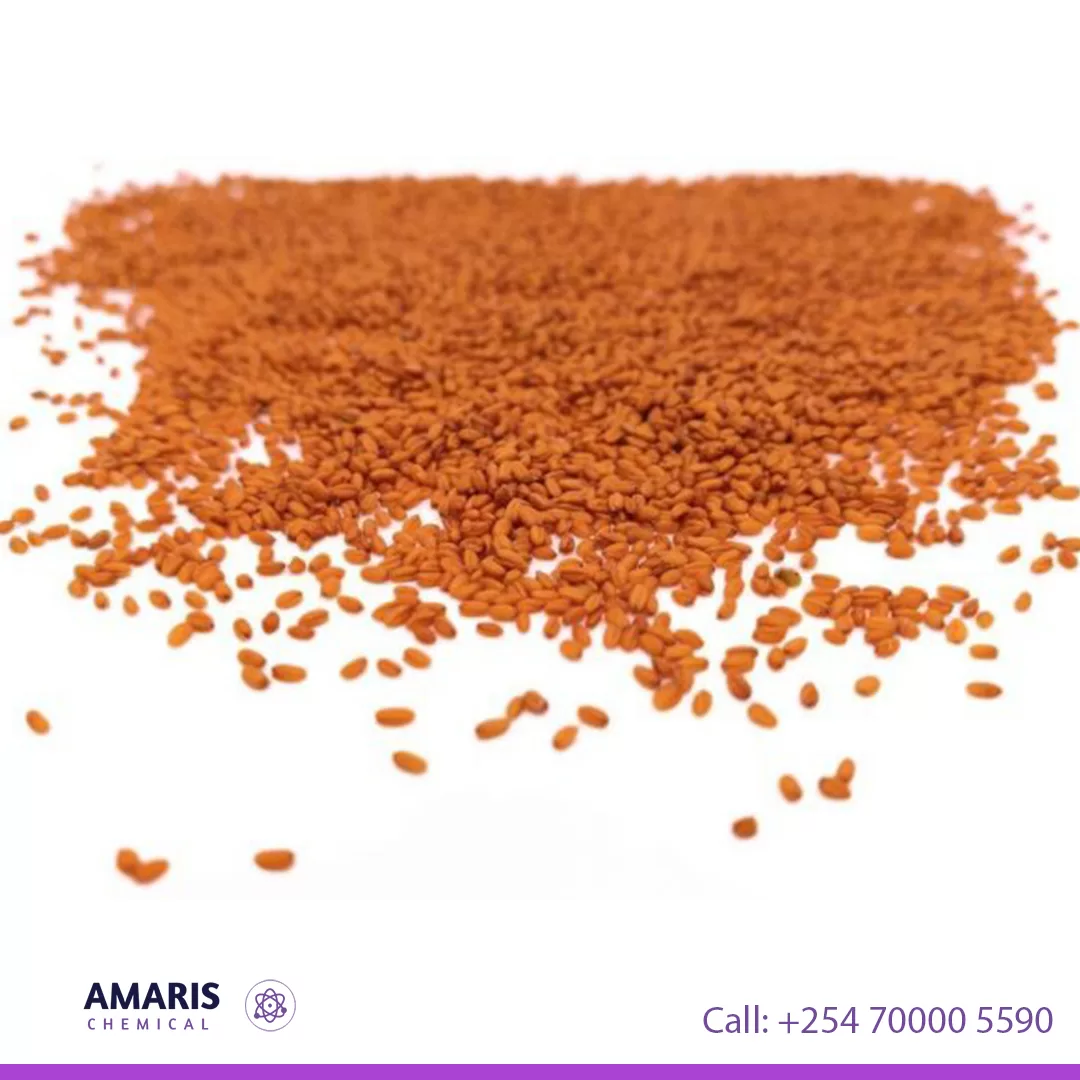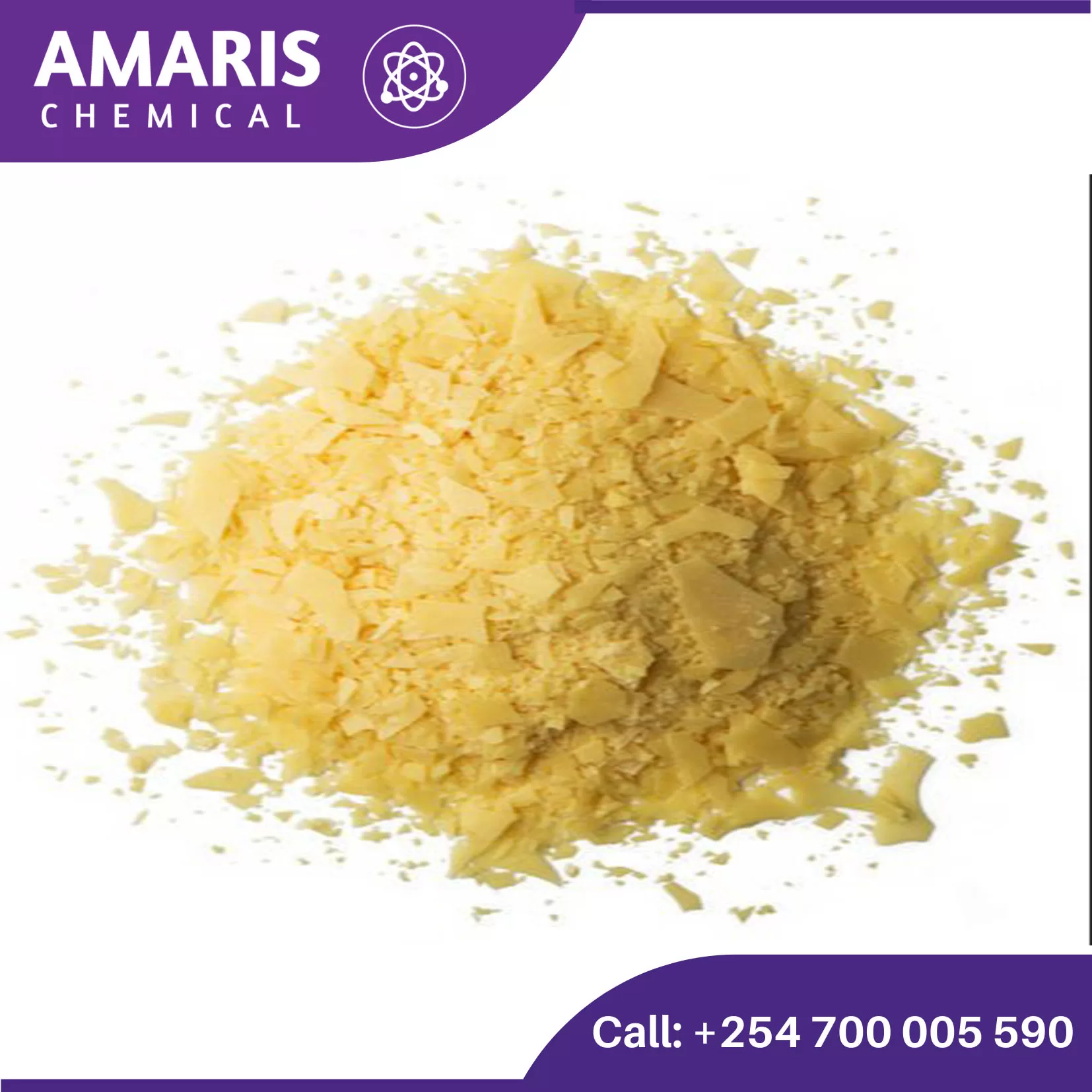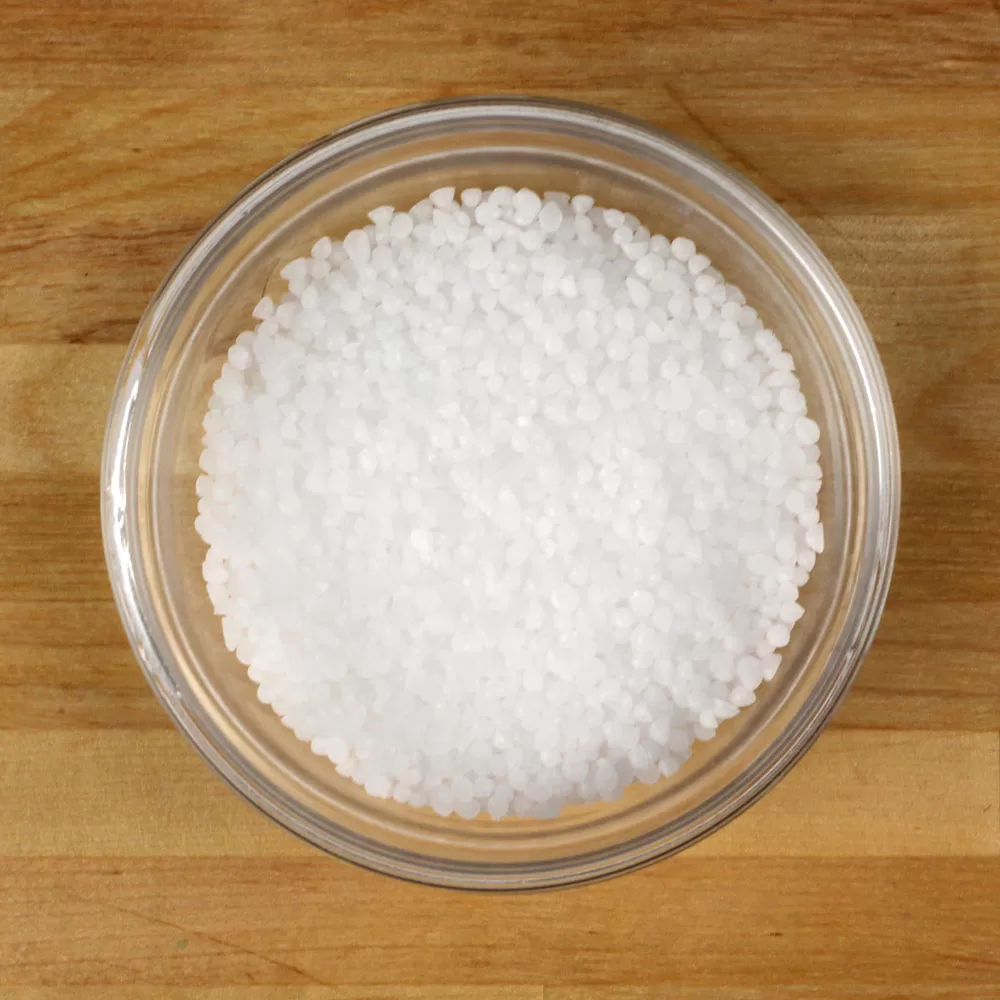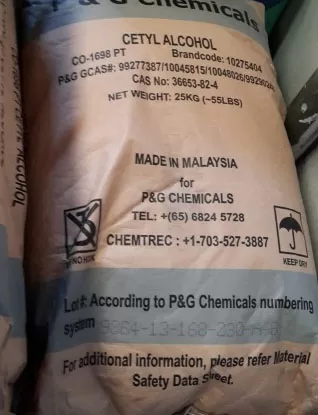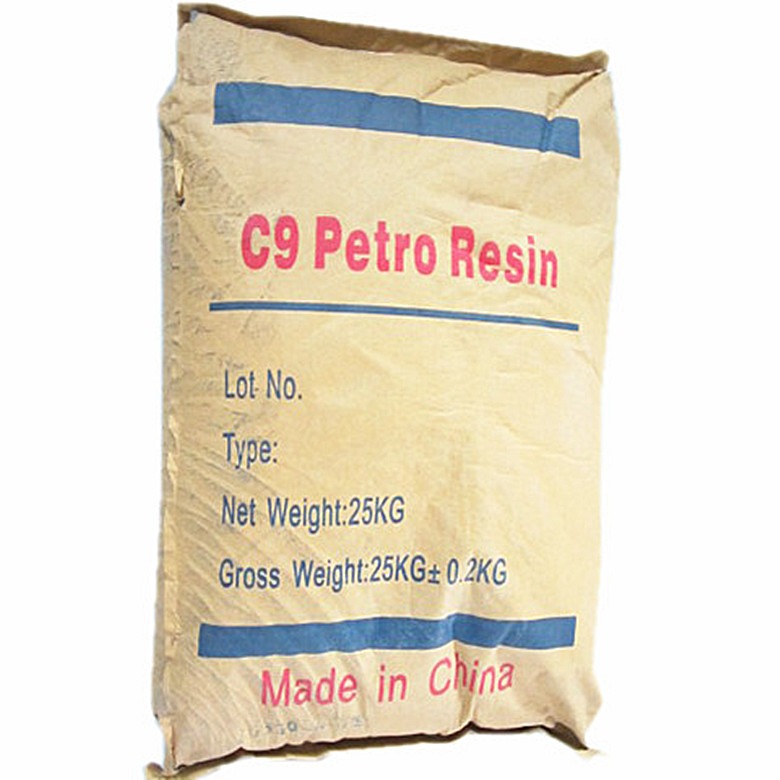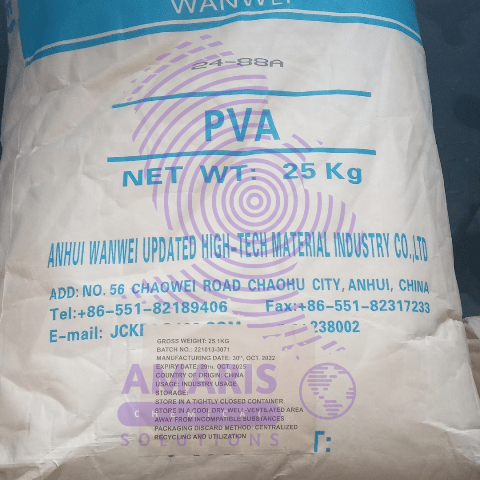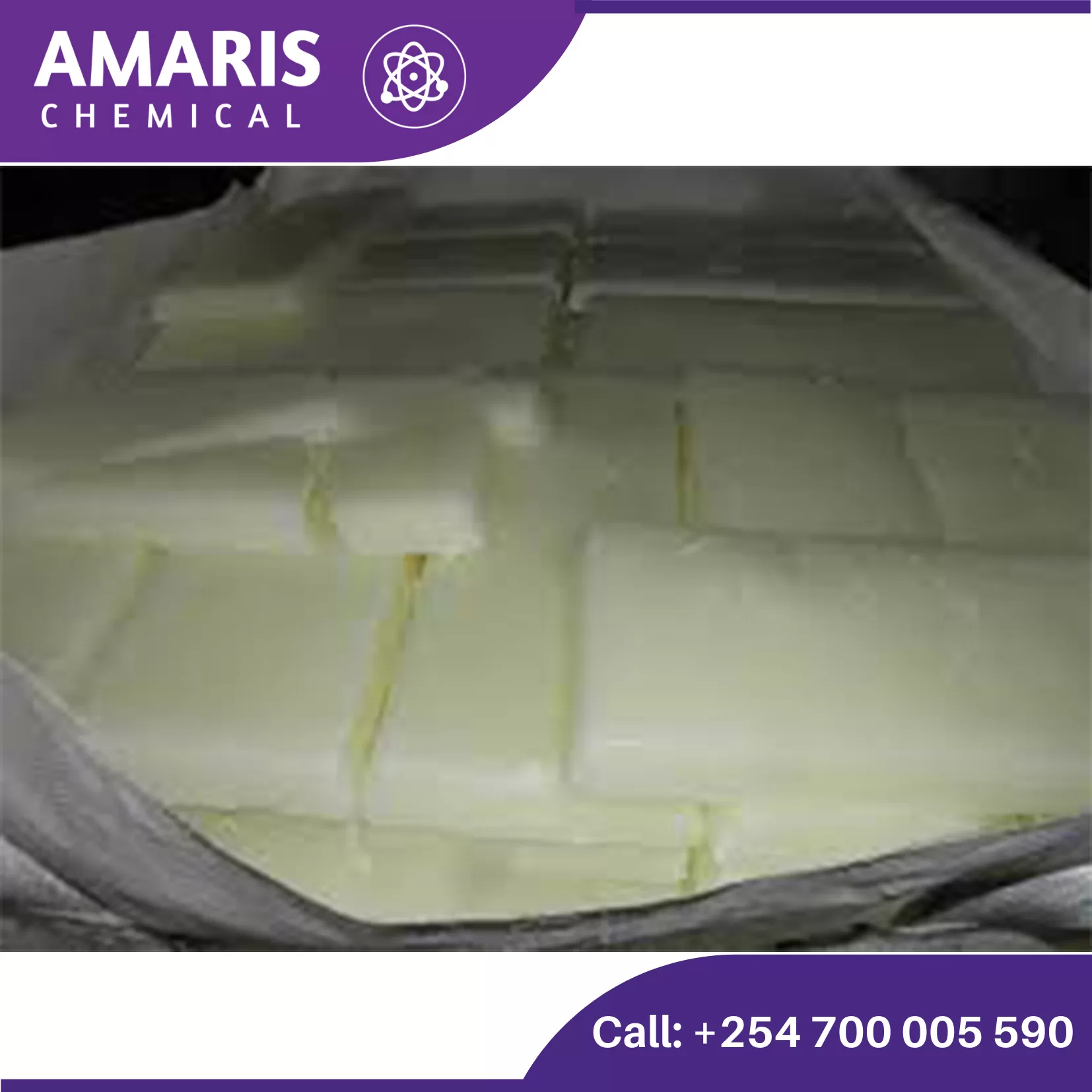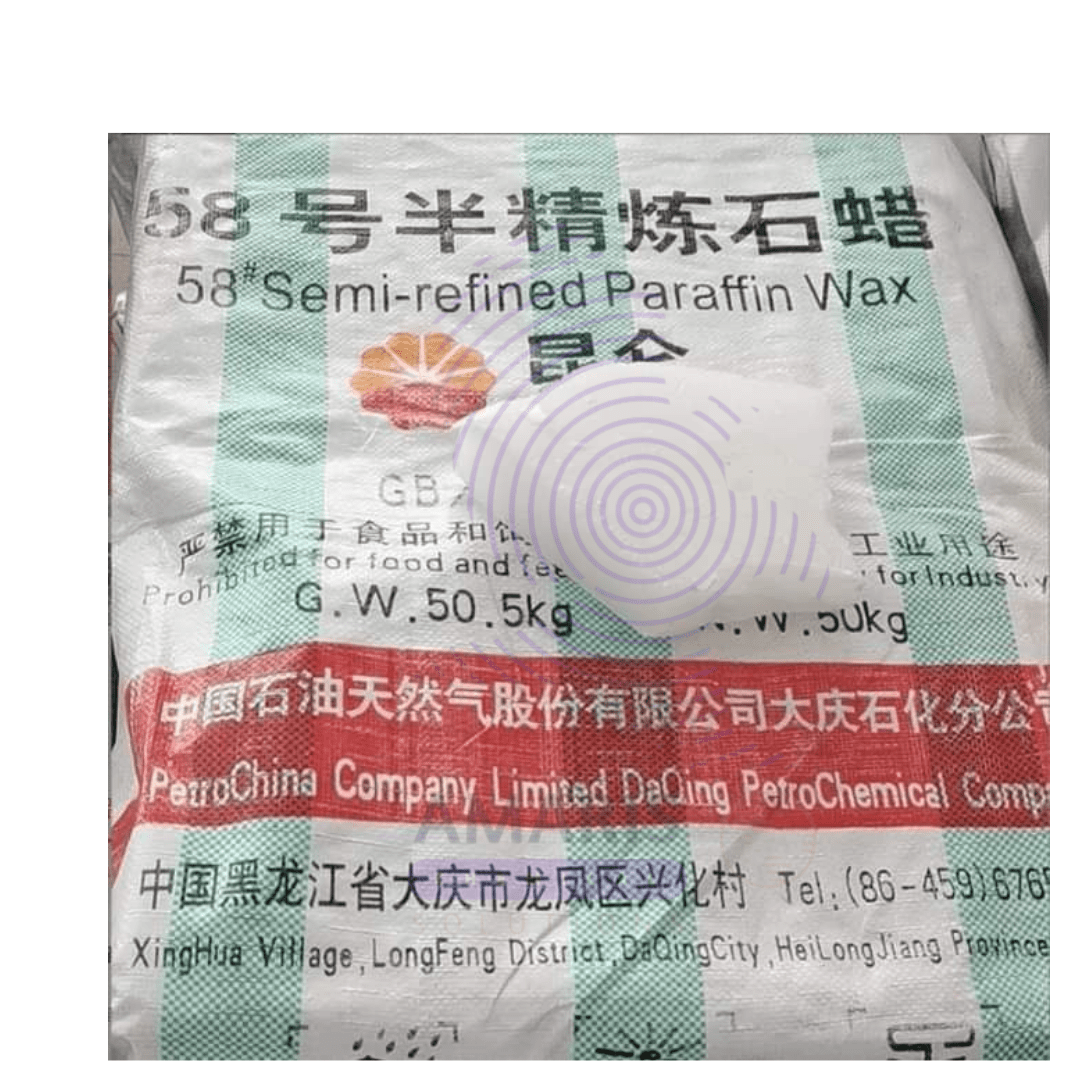“Carnauba wax” has been added to your cart. View cart
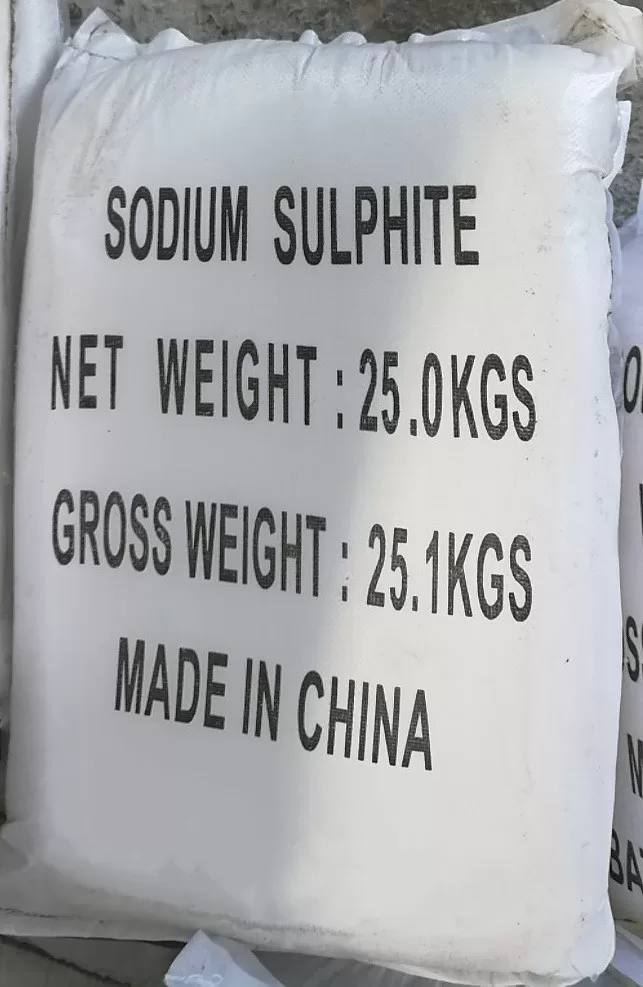
Sodium sulphite 25kg
$9,800.00 Original price was: $9,800.00.$9,500.00Current price is: $9,500.00.
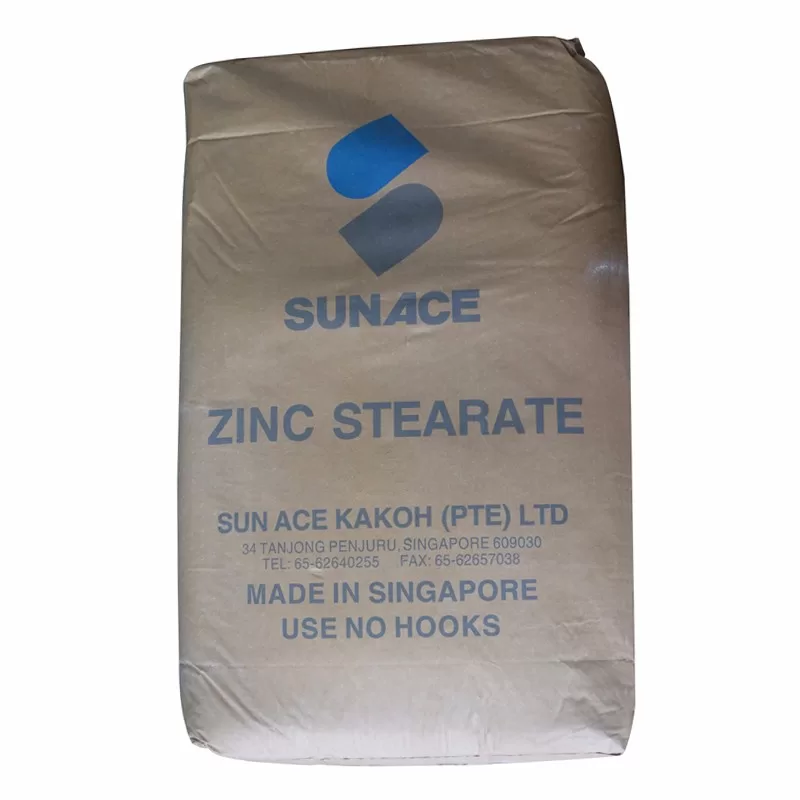
Zinc stearate 25kg
$13,000.00 Original price was: $13,000.00.$12,500.00Current price is: $12,500.00.
Silicon emulsion
$7,500.00 Original price was: $7,500.00.$7,200.00Current price is: $7,200.00.
SKU:
ACS64815CHEM0
Categories: Adhesives and Sealants, Emollients
Shipping & Delivery


MAECENAS IACULIS
Vestibulum curae torquent diam diam commodo parturient penatibus nunc dui adipiscing convallis bulum parturient suspendisse parturient a.Parturient in parturient scelerisque nibh lectus quam a natoque adipiscing a vestibulum hendrerit et pharetra fames nunc natoque dui.
ADIPISCING CONVALLIS BULUM
- Vestibulum penatibus nunc dui adipiscing convallis bulum parturient suspendisse.
- Abitur parturient praesent lectus quam a natoque adipiscing a vestibulum hendre.
- Diam parturient dictumst parturient scelerisque nibh lectus.
Scelerisque adipiscing bibendum sem vestibulum et in a a a purus lectus faucibus lobortis tincidunt purus lectus nisl class eros.Condimentum a et ullamcorper dictumst mus et tristique elementum nam inceptos hac parturient scelerisque vestibulum amet elit ut volutpat.
Related products
Ammonium Lactate
Ammonium lactate is a combination of lactic acid and ammonium hydroxide. It's commonly used as a moisturizer to treat dry, scaly, itchy skin conditions, such as ichthyosis vulgaris and xerosis. The lactic acid component helps to exfoliate dead skin cells, while the ammonium hydroxide component helps to moisturize and soften the skin. It's available in various forms, including lotions and creams, and typically requires a doctor's prescription for use.
Carnauba wax
Carnauba wax is a natural wax derived from the leaves of the carnauba palm (Copernicia prunifera), which is native to northeastern Brazil. Known as the "queen of waxes," carnauba wax is highly valued for its hardness, high melting point, and glossy finish. Here are some key points about carnauba wax:
Properties
- Appearance: It comes in flakes or powder and is typically light yellow to brownish in color.
- Melting Point: It has a high melting point of about 82-86°C (180-187°F), making it one of the hardest natural waxes.
- Composition: It is composed of esters, fatty acids, and alcohols, which contribute to its hardness and water-resistant properties.
Ceto Stearyl Alcohol (50:50) 25 kg bag
Cetyl alcohol
Cetyl alcohol is a fatty alcohol with the chemical formula CH3(CH2)15OH. It is a waxy substance that is used in a variety of industries, including cosmetics, personal care products, and pharmaceuticals. Cetyl alcohol is commonly derived from vegetable oils such as coconut or palm oil, and is often used as an emulsifier, thickener, or lubricant in formulations such as lotions, creams, and ointments. It is also sometimes used as a surfactant, meaning it helps to dissolve other substances and improve their absorption.
Hydrocarbon Resins C5 & C9 Petroleum-Resins
Petroleum resin C9 hydrocarbon, also known as C9 hydrocarbon resin or simply C9 resin, is a type of thermoplastic resin that is derived from the distillation of petroleum products. It is composed primarily of aliphatic and aromatic hydrocarbons, and is typically produced by the polymerization of C9 fraction of petroleum, which is obtained by the distillation of crude oil.
C9 hydrocarbon resin is a highly versatile material that finds use in a wide range of industrial applications, including adhesives, coatings, printing inks, rubber compounding, and more. It is valued for its excellent solubility, compatibility with other resins, and ability to enhance the properties of other materials, such as adhesion, tack, and flexibility.
In summary, petroleum resin C9 hydrocarbon is a type of polymer derived from petroleum that is widely used in various industries for its unique properties and compatibility with other materials
Polyvinyl Alcohol Resin (PVA) 25kg
Polyvinyl alcohol (PVA) is a water-soluble synthetic polymer that is typically used as a coating agent, thickener, and adhesive in a variety of industries. It is made by the hydrolysis of polyvinyl acetate, which is a thermoplastic polymer that is commonly used in adhesives, coatings, and films. The degree of hydrolysis of PVA determines its solubility and other physical properties. PVA is known for its excellent film-forming properties, high tensile strength, and excellent adhesive properties. It is used in a variety of applications, including textiles, paper, packaging, and construction materials

